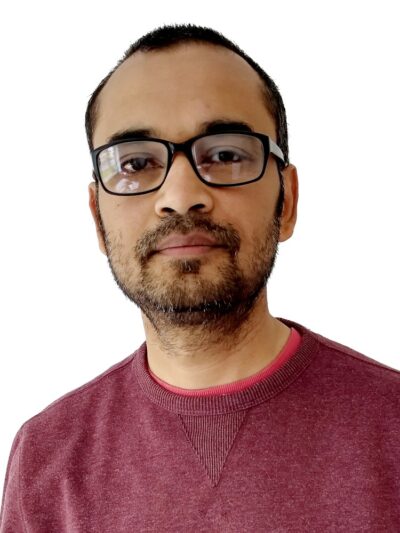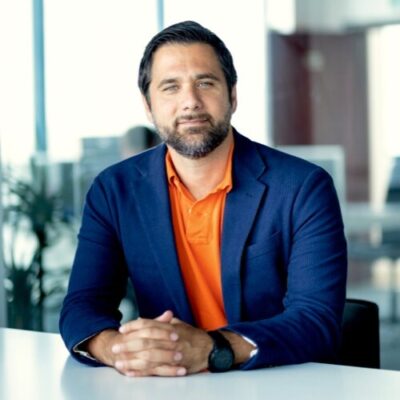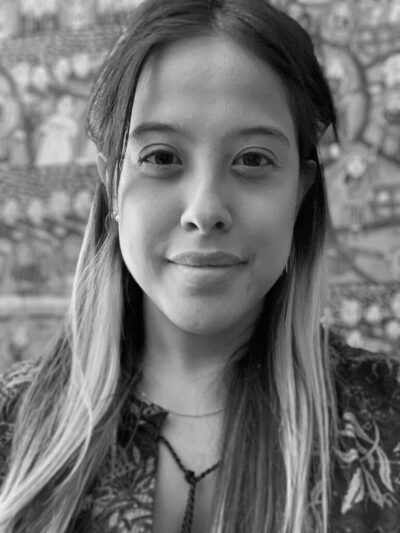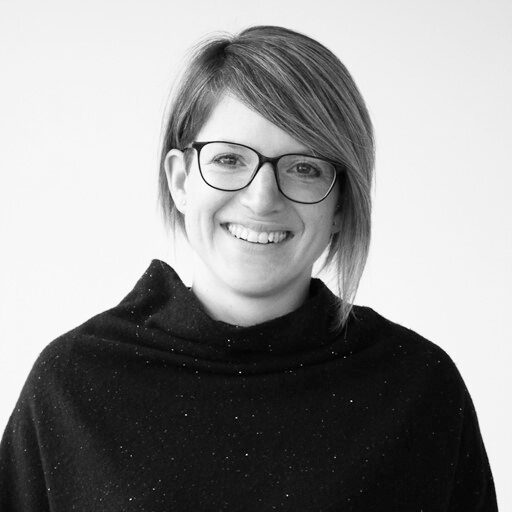More and more content is being published openly, but we’re still experiencing issues with accessing paywalled content such as archived material. Similarly, Open Access (OA) publishing can be an unaffordable route for unfunded researchers or researchers whose institutions haven’t signed up for any OA agreements. In this webinar, we’ll be discussing current issues and solutions for researchers when it comes to accessing content and paying for OA publication.
Summary
On June 15, we hosted yet another of our inspiring educational webinars! As the theme was “Affordable Access & Open Access Publishing”, we looked into the equity behind access, the struggles with accessing content, issues related to OA publishing, and the implications for authors in different countries.
Our three guest speakers were Dr. Varun Varma, researcher at Ecosystems Ecologist, Kamran Robert Kardan, founder & CEO at Knowledge E and Zendy, and Sara Rouhi, Director of Strategic Partnerships at PLOS.
Each of our speakers provided their perspectives on accessing content and the concerns of researchers in this regard.
As a researcher having studied both in the UK and India, Dr. Varun Varma shared how he’s faced limitations with accessing content in both countries – while, in his experience, accessing scholarly information in the UK is, undoubtedly, less problematic than in India, poor accessibility remains a general impediment throughout the research and the submission process for researchers.
Kamran Robert Kardan added that those pain points were the starting point for Zendy – which options do individuals actually have? Zendy’s solution was a model to provide unlimited access to content based on a monthly or annual subscription fee that’s less costly compared to the price of a single article that you pay for based on a pay-per-view model – this way you’ll get access to millions of articles. So, there’s no need to worry about not being able to access or having to go behind the paywalls. In short, the vision is to ensure the opportunity for life-long learning for individuals within any industry.
Sara Rouhi shared how PLOS recognized that they had both equity and a long-term sustainability problems a few years ago knowing that APCs should not be the final step in business models in an OA context. In the context of OA, if we’re going to think beyond APCs and if publishers and funders continue to prioritize the view of making everything open to read, we’re very likely to be stuck in a world in which the predominant model is that authors pay and that can’t be the endpoint, she said. It might be one model, but it needs to be part of a mixed economy – to do that, publishers need to balance some very difficult questions; one of them being how to make the author experience more equity-focused from the moment you submit to the moment you’re accepted. That, along with a number of other activities, is costly for the publisher and at PLOS, a number of different models are used to address these concerns.
This was merely a snippet of what we covered during the webinar. If you haven’t already, feel free to watch the full recording above to hear the engaging discussion between our speakers and get all the key insights and perspectives on accessibility, discoverability, and affordability of scholarly content.
Speakers
Moderator
Share this post



